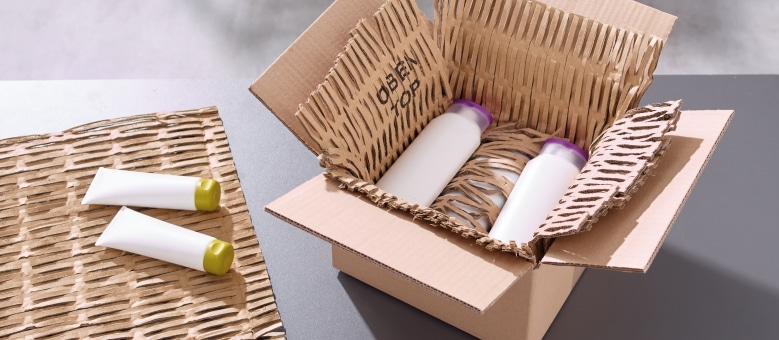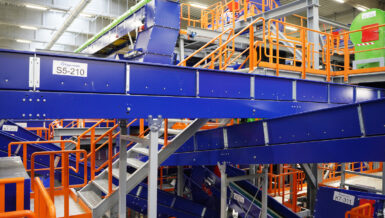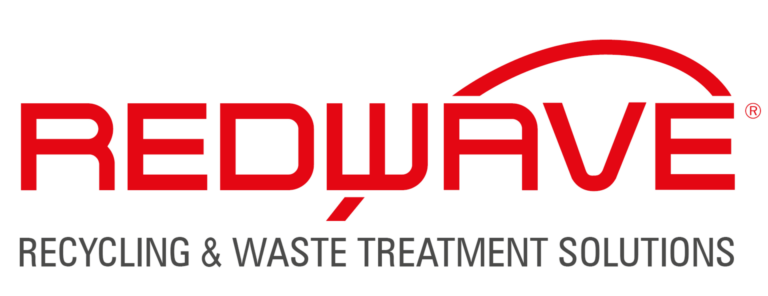Their product range comprises over 8,000 items from around 500 Austrian producers – ranging from small start-up companies to traditional family businesses. Under the motto “high-quality, regional and personal”, the company founders work daily to supply customers with sustainably made food and handicrafts from Austrian producers. They promote small producers from Austria whose production practices are authentic and responsible, supporting them in the price war against global conglomerates. The founders of “myProduct.at” also see their remit in maintaining and further developing the Austrian product diversity, handcrafting traditions, and production knowledge.
The facts
Social responsibility, sustainable management, and the conservation of resources have been high on myProduct.at’s agenda from the very beginning. The basic idea of conserving resources concerns not only the producer but extends all the way through to the delivery of the offered goods. The shipping concept of myProduct.at also focuses on sustainability. Especially when it comes to packaging and filling material, the company is striving to makes its operations even more environmentally friendly.
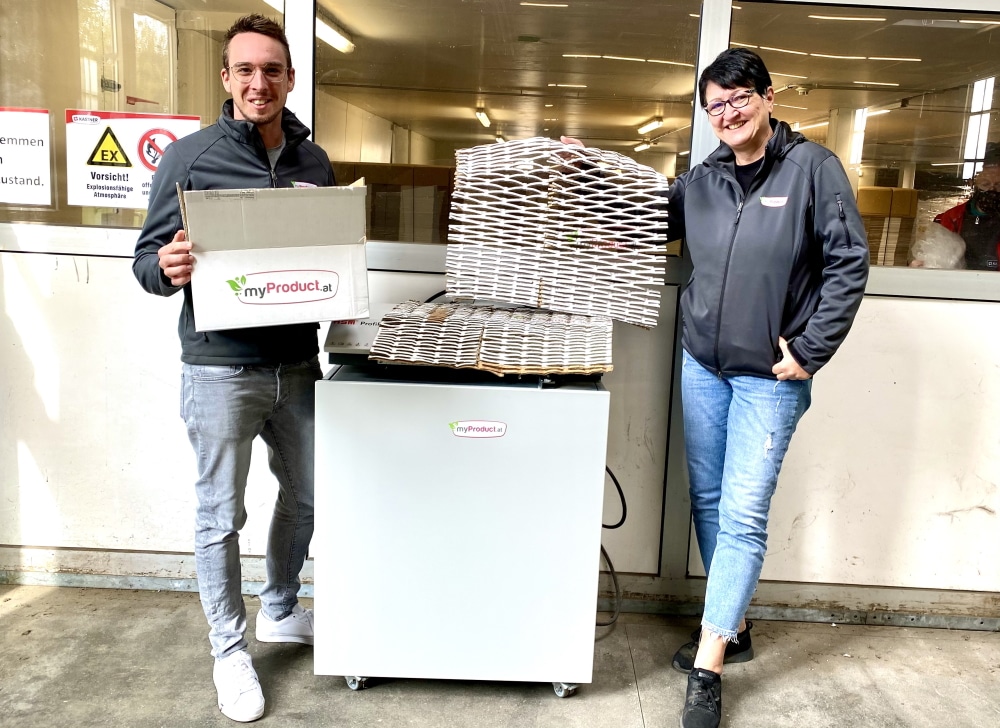
Currently, organic packaging chips made from 100 % organic cornstarch are used as filling material as far as possible. Other filling materials made from non-sustainable raw materials are to be almost completely discontinued in the long term. To make this possible, the cardboard boxes which the company receives on a daily basis are to be reused.
This alternative approach will generate cost savings for the company and, simultaneously, increase their independence from suppliers. Supply bottlenecks such as those recently triggered by the COVID-19 crisis, for example, can therefore be avoided. Quite simply, self-produced packaging material enables more flexibility and independence. With this in mind, the company founders and directors set out to find an alternative to plastic packaging and filling material.
The solution
Based on a recommendation, director Rainer Neuwirth decided to purchase an HSM ProfiPack P425 packaging machine with a dust class M dust extractor from the document shredder and baling press manufacturer HSM GmbH + Co KG in South Germany.
“We trusted our partner’s recommendation and saw that the HSM ProfiPack P425 packaging machine fulfilled all our requirements exactly. The decision to choose HSM was definitely the right one”, said Rainer Neuwirth, founder and managing director of myProduct GmbH, explaining his decision.
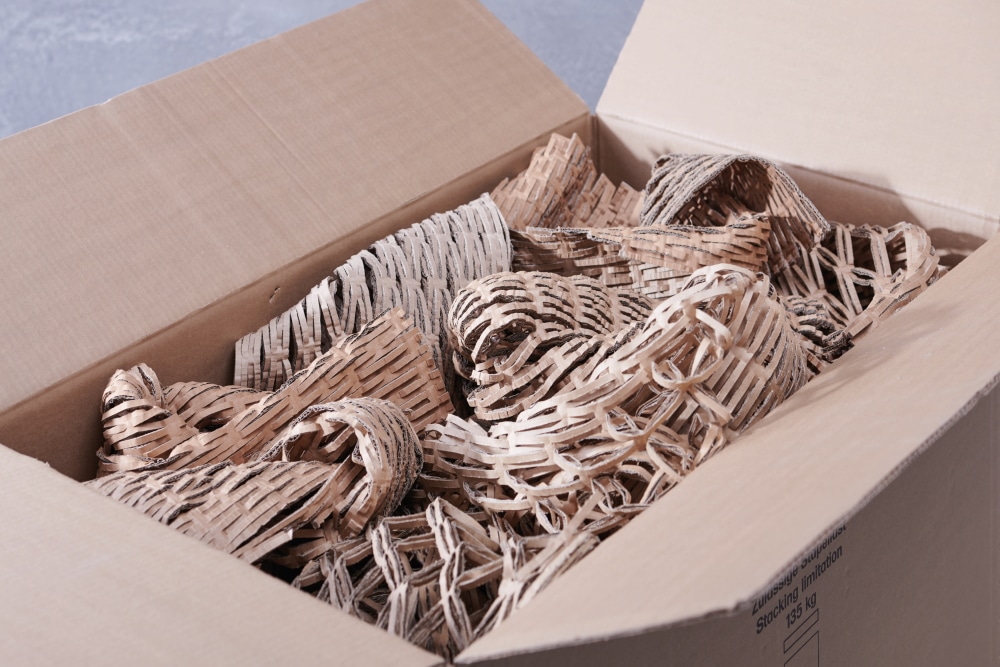
The advantages of the “Made in Germany” packaging machine from HSM are clear. From now on, packaging and filling material can be produced in-house. The cardboard packaging from suppliers and incoming goods can thus be recycled in an environmentally friendly and sustainable manner, thereby considerably reducing the company’s wastepaper disposal. The practical swivel castors are an excellent feature and enable flexible use of the compact machine at different locations in the warehouse.
To protect employees from dust, the company decided to combine the packaging machine with the HSM DE1-8 dust extractor. This has the positive side effect of minimizing contamination of the package contents since cardboard and dust particles are extracted reliably. The extracted dust particles are sucked into a bin in the dust collection drawer and can be disposed of easily. Since the HSM ProfiPack P425 is used in the warehouse, a minimum amount of dust ends up on the products stored there.
The result
In addition to all the ecological and environmentally friendly aspects, the HSM ProfiPack packaging machine also has financial benefits. Since hardly any external packaging material will need to be purchased in the future, the planned savings amount to around 200 to 300 euros per month.
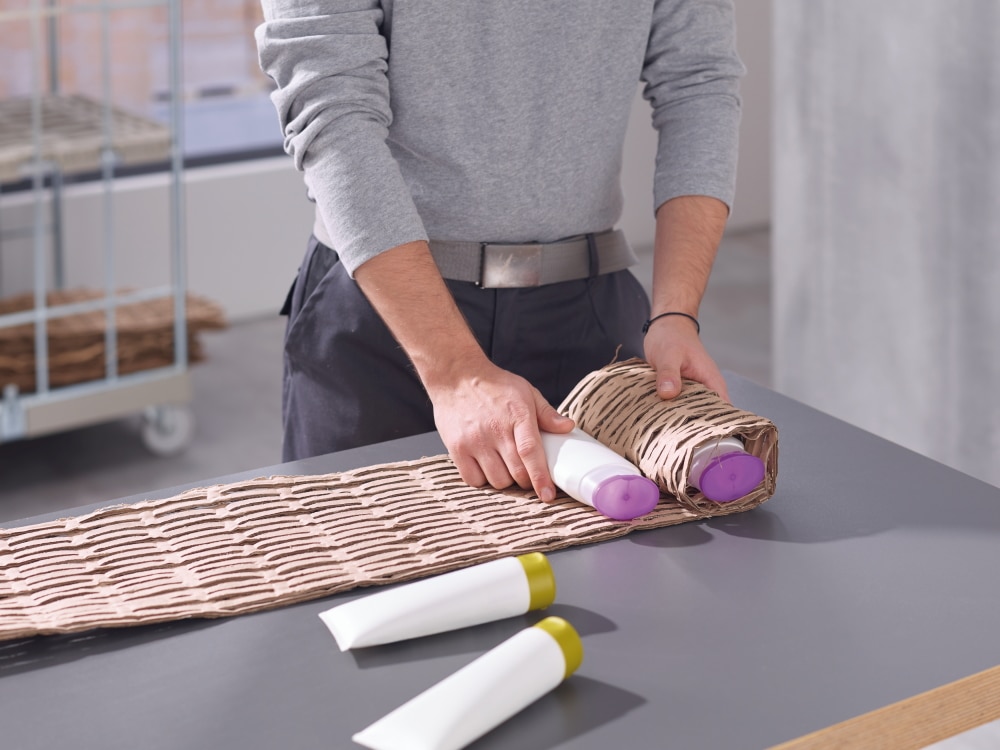
“Communication with HSM is very fast and competent. The company always strives to find an individual solution for each customer. With an HSM product, we will not only achieve the intended savings potential, but we are also pleased to be able to make a considerable contribution to the circular economy”.


